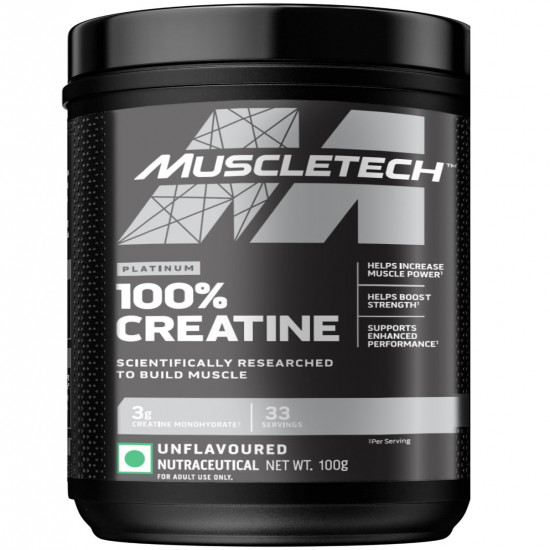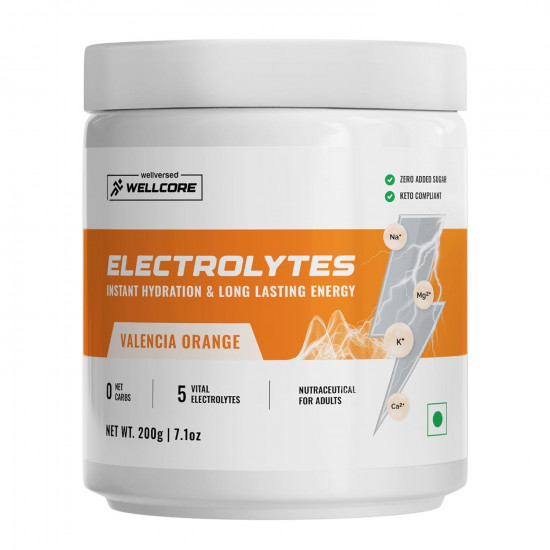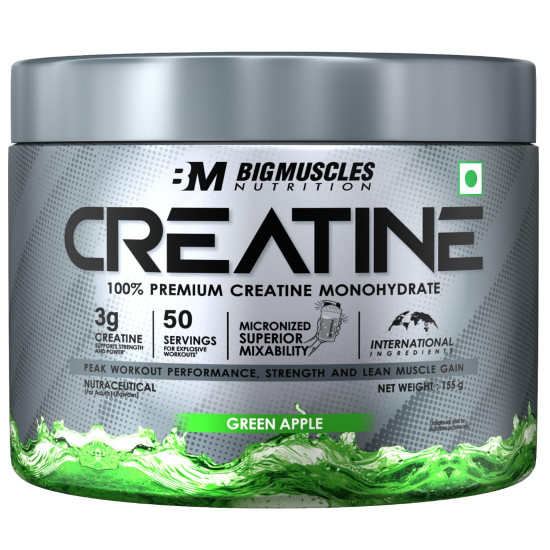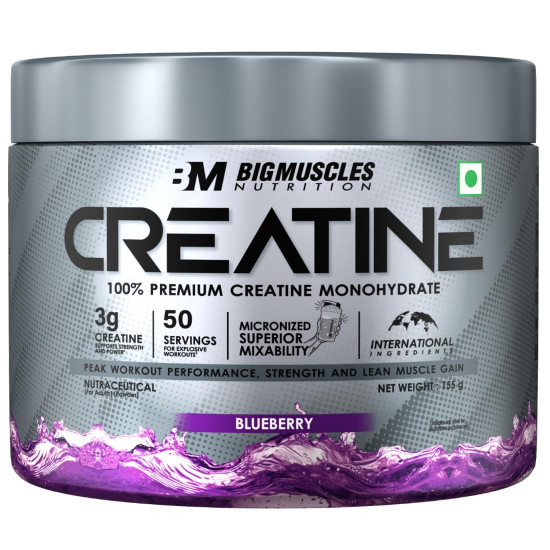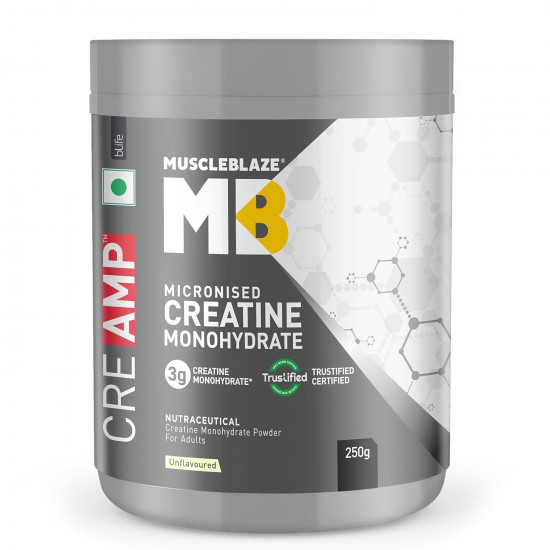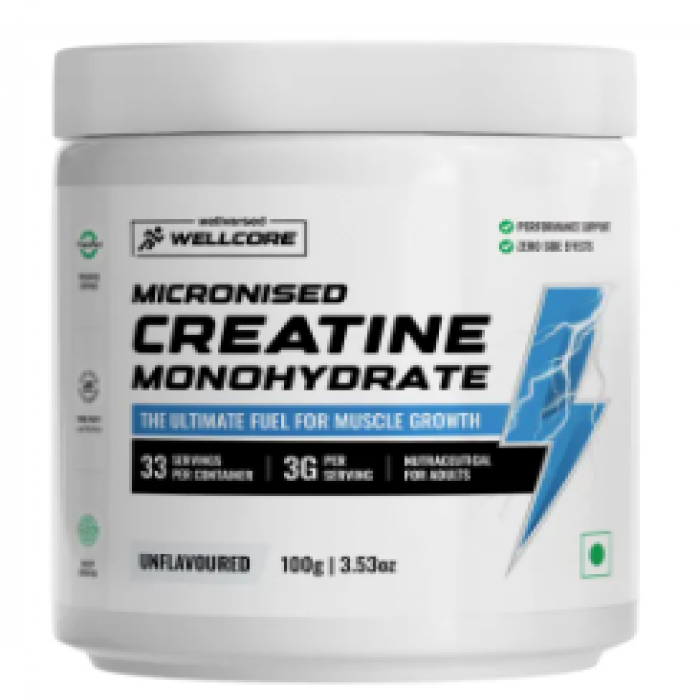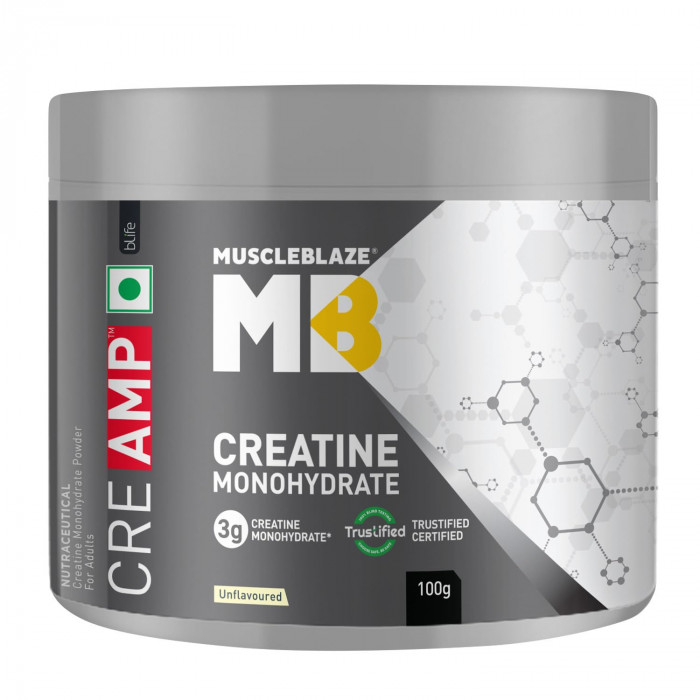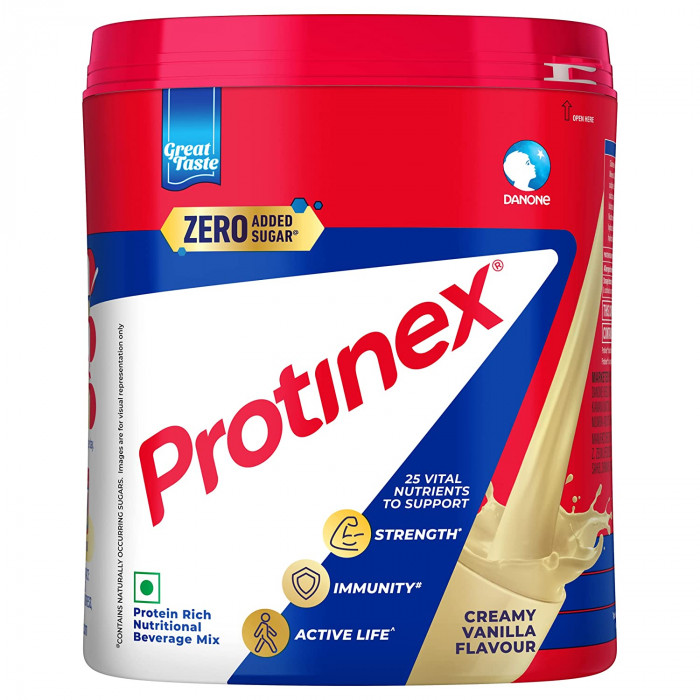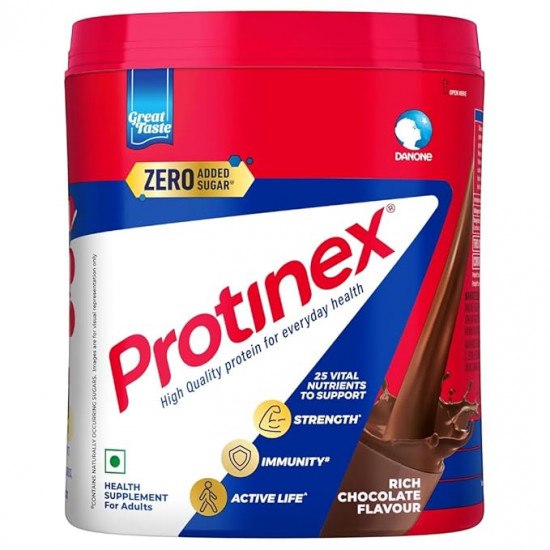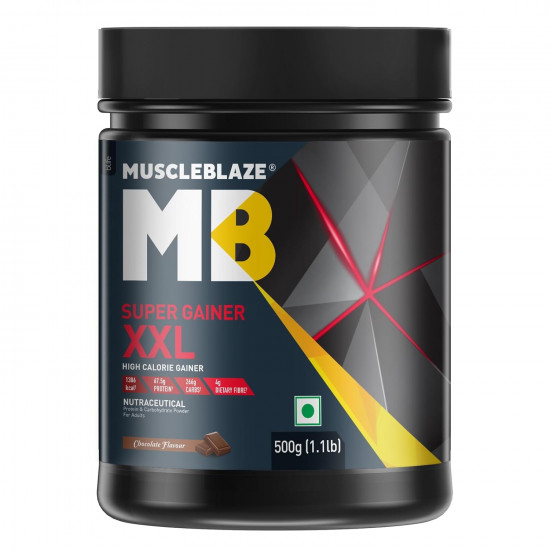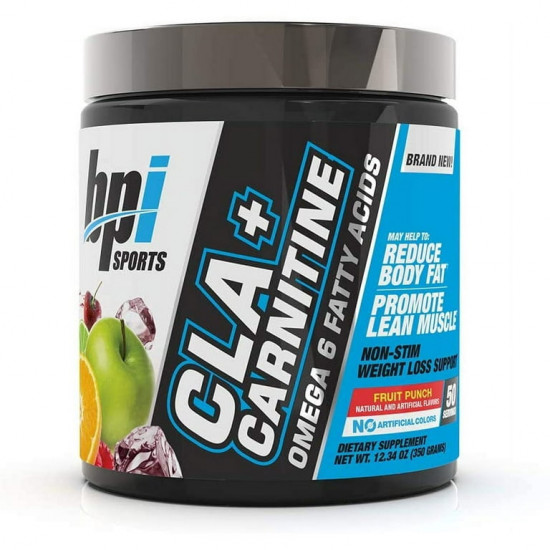

✔ 100% Authentic Product
👁️ Currently Viewing 2521
MuscleBlaze Beginner's Whey Protein Powder 400gm, Chocolate Flavor
Type: Powder
Pack Size: 400gm
Not Available
- Each serving provides 12 grams of protein and 5.5 grams of essential amino acids (EAAs) to boost your energy, support recovery, and enhance muscle definition.
- This whey protein powder is cost-effective, making it an ideal choice for fitness beginners.
Discount
Price: ৳ 2,975
MRP:
৳
3199
7%
Off
✅ Description:
MuscleBlaze MB Beginner's Vegan Whey Protein Concentrate is designed to support muscle growth, strength, and post-workout recovery for individuals committed to their fitness routine. This protein supplement is tailored for beginners and formulated to be easily digested. It provides 40% protein, which equates to 12 grams of protein, 5.5 grams of essential amino acids (EAAs), and 2.6 grams of branched-chain amino acids (BCAAs) per 30-gram serving. The primary source of protein in this product is the Whey Protein Concentrate (WPC), known for its quick absorption. Importantly, it contains no added sugar or trans fat, and it is free from banned substances or doping ingredients as per NADA/WADA guidelines.
✔️ Key Benefits:
- Provides 12 grams of protein per serving, supporting energy, recovery, and muscle development
- Cost-effective for fitness beginners
- 3rd party NABL certified to ensure product purity, with certificates available for consumer verification on the MuscleBlaze website
✔️ Key Ingredients:
- Milk Solids (Whey Protein Concentrate and Skimmed Milk Powder)
- Maltodextrin
- Cocoa Powder
- Anticaking agent
✔️ Directions For Use:
- Initial 5 days: Mix ½ scoop (15g) in 100ml chilled water
- Subsequent days: Use 1 level scoop (30g) with 200ml chilled water
- Consume 1-2 shakes daily for best results
✔️ Safety Information:
- Read the label carefully before use
- Keep out of reach of children
- Do not use it if the seal is broken
- Do not exceed the recommended dosage
- These products are not intended to diagnose, cure, treat, or prevent any disease
- If you are pregnant or lactating, taking prescription medications, or have strong allergies, consult your healthcare professional before using these products.
✔️ Storage Conditions
Store in a cool, dry place, away from sunlight
✔️ Protein Powder Overview:
Protein powder is a convenient dietary supplement derived from essential macronutrients found in animal-based and plant-based sources. It serves as a concentrated form of protein, crucial for various bodily functions, including muscle growth, bone health, and enzyme production.
Muscle Building and Recovery: Protein powder aids in muscle building and recovery by supplying essential amino acids necessary for muscle tissue repair. After exercise-induced damage, the body utilizes protein to rebuild and strengthen muscles. Some protein powders also include additional nutrients to enhance the muscle repair process.
Safety of Protein Powder: Protein powder is safe when sourced from reputable suppliers. It has been used since the 1950s and is widely consumed by diverse populations. Concerns about protein powder often revolve around calorie awareness. Following recommended serving sizes from trustworthy suppliers mitigates any health risks.
Types of Protein Powder: Protein powders fall into two main categories: animal-based (whey, casein, egg, collagen) and plant-based (hemp, soy, brown rice, pea). The choice depends on dietary preferences, allergies, and fitness goals.
Daily Protein Powder Consumption: The optimal daily protein powder intake varies based on factors such as existing protein-rich diet, physical activity levels, and muscle-building goals. Generally, healthy individuals can thrive on at least 1.5 grams of protein per pound of body weight.
Protein Powder for Weight Loss: Protein powder supports weight loss by preserving muscle mass during a leaning phase. It contributes to satiety, reducing the likelihood of overeating on carbohydrates and fats.
Suitability for Vegetarians and Vegans: While some protein powders are derived from animal sources (whey, casein), many plant-based options (hemp, soy, pea) cater to vegetarians and vegans.
Potential Side Effects: In moderate amounts, protein powder has no adverse effects. Temporary bloating due to allergies or food sensitivities and a feeling of over-fullness can occur if not consumed in recommended portions.
Protein Powder as a Meal Replacement: Protein powder can serve as a meal replacement when combined with other nutrients for balance. Including a mix of vitamins, minerals, and macronutrients ensures a nutritionally complete meal replacement.
Best Time to Take Protein Powder: Timing depends on fitness goals. Consuming protein powder within hours of working out optimizes muscle recovery. Between meals is also beneficial for increased caloric intake and muscle building.
Mixing Protein Powder with Other Ingredients: Protein powder can be mixed with various liquids (milk, juice, coffee) and incorporated into recipes like pancakes, desserts, and smoothies for versatility.
Timeline for Results: Visible results from using protein powder vary based on individual factors such as age, workout routine, diet, and gender. On average, positive changes may be noticed within 4-8 weeks.
Quality Variations in Protein Powders: Protein powders vary in quality. Choosing third-party tested suppliers and scrutinizing ingredient lists helps ensure a higher quality product.
Choosing the Right Protein Powder: Selection depends on specific fitness goals. Different protein types (whey, casein, plant-based) are absorbed at varying speeds, making them suitable for different purposes.
Protein Powder for Dietary Restrictions or Allergies: Most dietary restrictions or allergies can be accommodated by choosing the right type of protein powder. Plant-based options and gluten-free variants cater to specific needs.
Artificial Ingredients in Protein Powder: Some protein powders contain artificial additives for flavor, texture, and nutrition enhancement. Options with or without additives are available based on personal preference.
Stacking Protein Powder with Other Supplements: Protein powder can be combined with various supplements to enhance overall nutritional intake.
Storage for Optimal Freshness: Protein powder should be stored in a cool, dark, and dry place with a snugly closed lid. Refrigeration is not recommended to prevent clumping. Most powders maintain freshness for over a year under proper conditions.
⚠️Disclaimer:
At ePharma, we’re committed to providing accurate and accessible health information. However, all content is intended for informational purposes only and should not replace medical advice from a qualified physician. Please consult your healthcare provider for personalized guidance. We aim to support, not substitute, the doctor-patient relationship.




